If my reading journey for September had a theme, it would be “all over the map,” literally and figuratively. One minute I was scaling the Himalayas in Seven Years in Tibet, the next I was quietly unraveling psychological mysteries in Forget Me Not, and by the time I reached The Vegetarian, I was seriously reconsidering my relationship with salad. Between back-to-school busyness, the first pumpkin-scented breezes, and the annual debate over whether it’s too early for Halloween décor (it’s not), I managed to devour twelve wildly different books. Stories of love and guilt, cults and correspondence, sea voyages and spiritual awakenings, September was like a literary buffet with absolutely no cohesive menu, and I loved every bite.
So grab your sweater, your mug of something cozy, and let’s dive into the wildly varied worlds that kept me up past bedtime this past month.
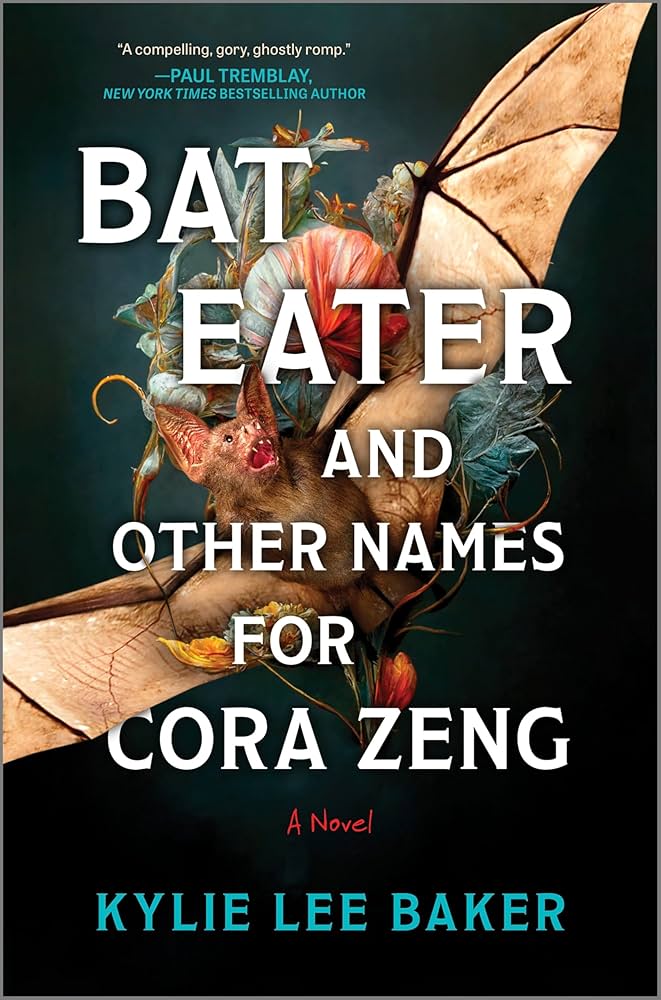
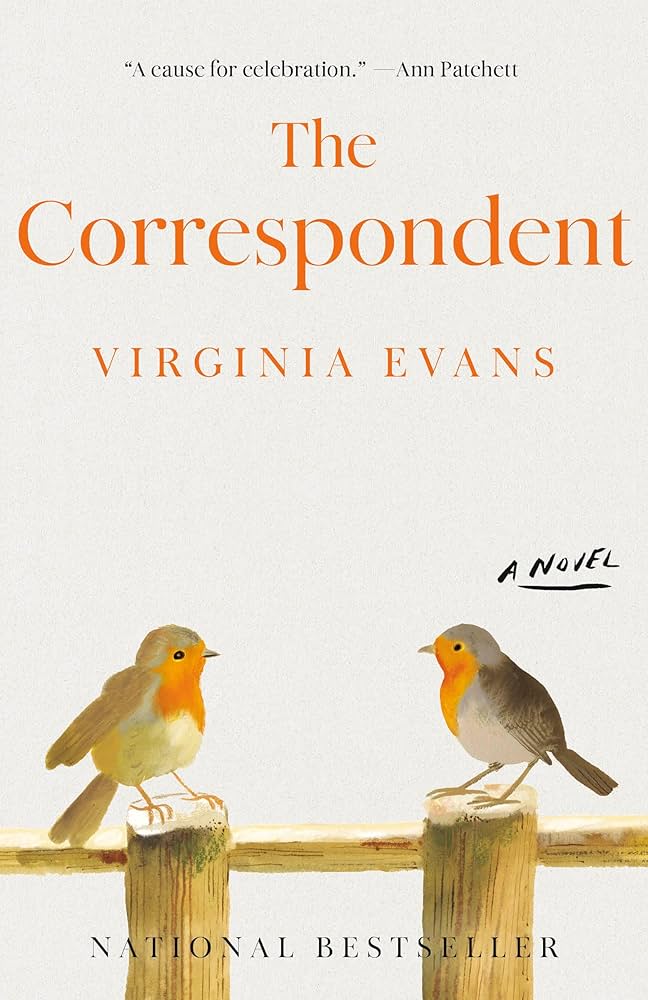
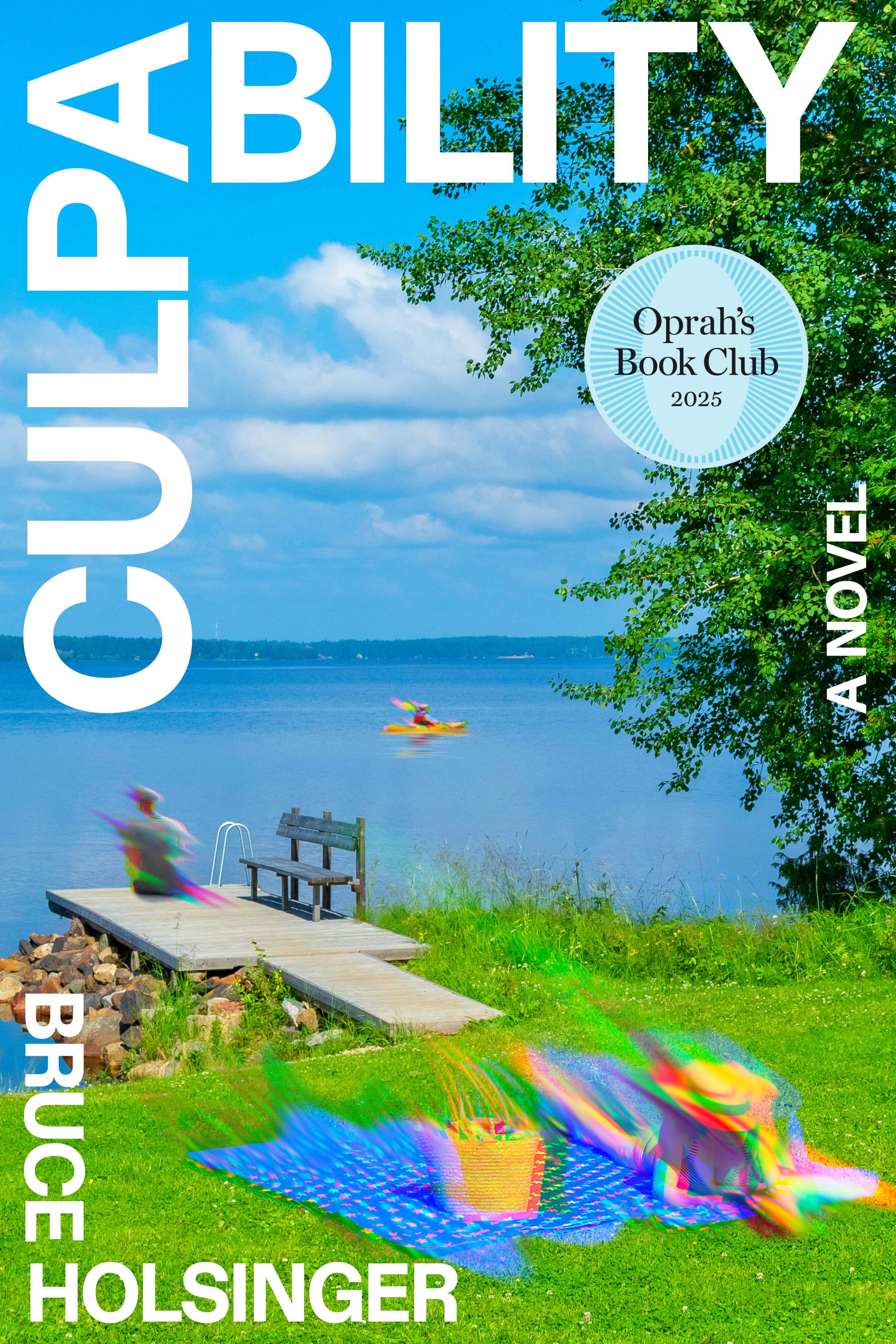
Bat Eater and Other Names for Cora Zeng (2025) by Kylie Lee Baker

Genre: Horror, Humor
Set during the early months of the COVID-19 pandemic in New York City, the story follows Cora Zeng, a twenty-four-year-old crime scene cleaner haunted by the violent, hate-driven death of her sister—a tragedy that throws her into a spiral of grief, paranoia, and supernatural encounters. As Cora copes with her trauma and OCD, she stumbles onto a string of murders in Chinatown, the presence of hungry ghosts, and unsettling bat carcasses at each scene, all while facing chilling reminders of anti-Asian racism during the pandemic. Blending Chinese folklore with psychological horror, the book masterfully explores themes of loss, identity, and the lingering effects of violence on individuals and communities. I rated this haunting and thoughtful novel 8 out of 10 stars. See full revieew here.
The Correspondent (2025) by Virginia Evans

Genre: Contemporary Literary Fiction
This novel uses an epistolary format—told solely through the letters of Sybil Van Antwerp, a 73-year-old retired lawyer living in Baltimore. Through Sybil’s thoughtful and heartfelt correspondence with friends, family, acquaintances, and even strangers, readers are drawn into an intimate exploration of her complicated relationships, regrets, and personal growth in later life. Evans crafts each character’s voice with nuance, and the story’s richly layered emotional landscape—full of wit, compassion, grief, and hope—makes it especially rewarding for those who find meaning in stories of aging, family, and self-discovery. This beautifully told and moving novel is a must-read for anyone who values the lost art of letter writing and enjoys novels about the wisdom and challenges of growing older; a standout 8/10 in my September reading list. See the full review here.
Culpability (2025) by Bruce Holsinge

Genre: Contemporary Fiction, Suspense, Family
Culpability explores the aftermath of a fatal crash involving a self-driving minivan driven by a teenager, which unravels a complex web of family secrets and moral questions about responsibility in the age of artificial intelligence. Set against the backdrop of a Chesapeake Bay vacation, the story delves into the ethical implications of technology while capturing the emotional turmoil of a family struggling with grief and blame. This novel combines sharp social commentary with suspenseful storytelling, making it a thought-provoking read for those interested in modern dilemmas and family dynamics. I gave this book 8 out of 10 stars. See the full review here.
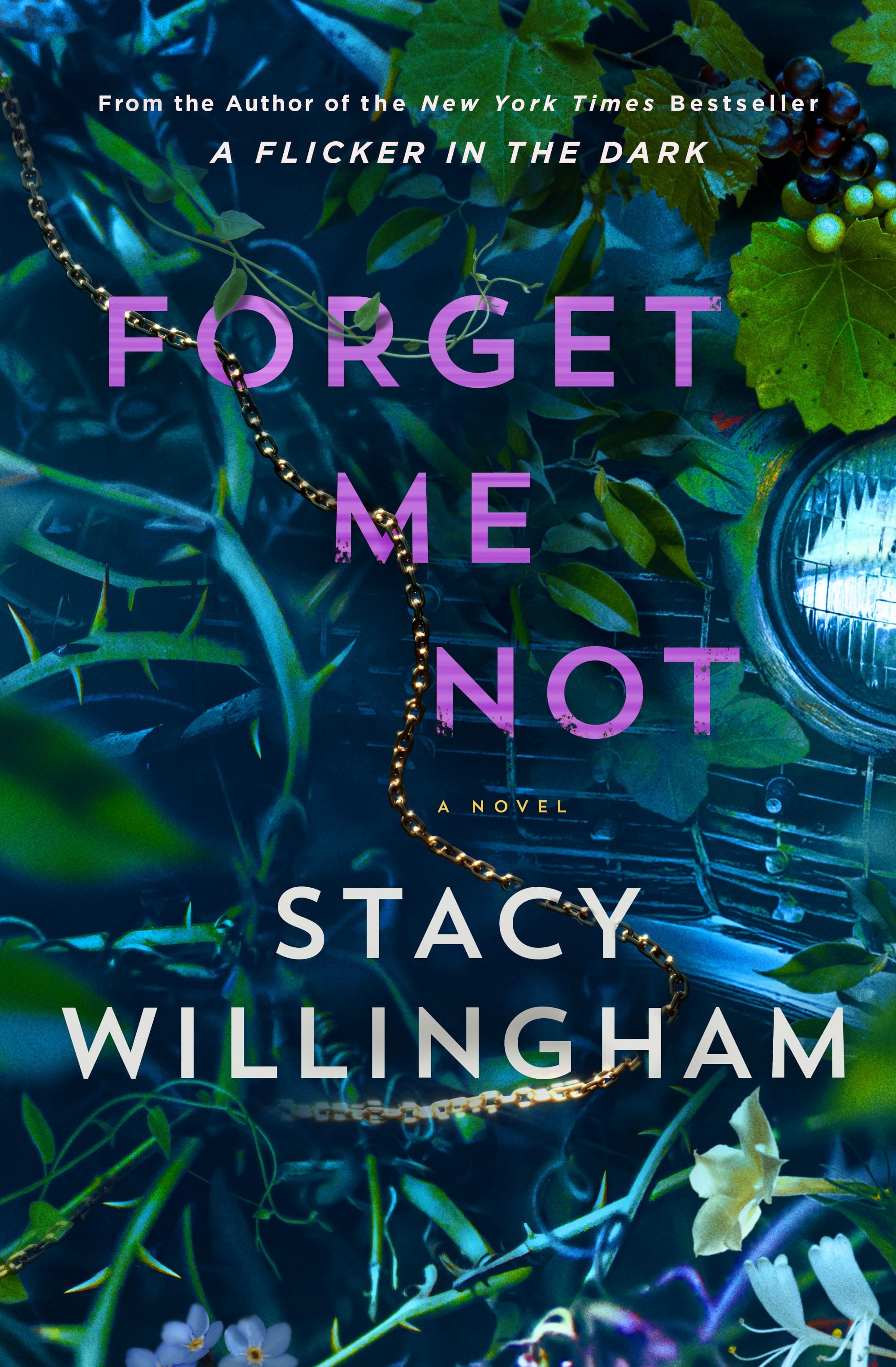
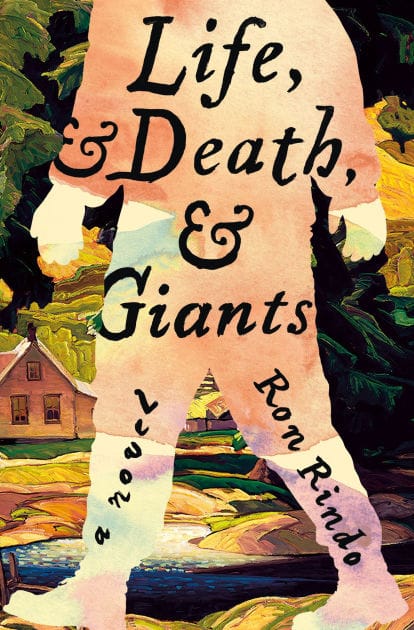

Forget Me Not by Stacy Willingham

Genre: Psychological Thriller, Fiction
This novel follows journalist Claire Campbell as she returns to her hometown in South Carolina to care for her injured mother and is drawn back into the decades-old mystery of her sister’s disappearance. Taking a summer job at a vineyard, Claire uncovers a hidden diary that hints at unsolved crimes and entangles her in dark secrets and family intrigue. This suspenseful, atmospheric read is ideal for fans of twisty mysteries set in evocative locations. I found the characters a bit stereotypical and though the pacing and predictability did not work for me—I rated it 6 out of 10 stars.
Life, Death, and Giants by Ron Rindo

Genre: Literary Fiction, Magical Realism
Life, and Death, and Giants is a transcendent tale set in rural Wisconsin, focusing on faith, family, and belonging within an Amish community touched by the miraculous birth of Gabriel Fisher—a child of extraordinary size and kindness. Rindo’s storytelling blends deeply human character development with touches of magic, exploring themes of acceptance, the meaning of “giants” both literal and metaphorical, and the tensions between old-world faith and modern society. Through multiple narrators—each achingly real and flawed—the book invites readers to ponder the mysteries of difference, community, and the embrace of those on the margins. With its generous prose, unforgettable characters, and a tender heart at its center, Life, and Death, and Giants left a lasting impression; it’s a book for all ages, and earned my highest rating of 10 out of 10 stars. See full revieew here.
You are Here (2024) by David Nichols

Genre: Romance, Contemporary Fiction
You Are Here is a warm, sharply observed story about two lonely midlife souls thrust together by chance as they embark on a long-distance walk across northern England. With witty dialogue and a subtle undercurrent of longing, Nicholls explores how unexpected connections can awaken hope at any age. The blend of melancholy and charm makes this an ideal pick for readers who love character-driven narratives and gentle, life-affirming humor. If stories about rediscovering yourself and new beginnings speak to you, this heartfelt journey may be just what you’re looking for.
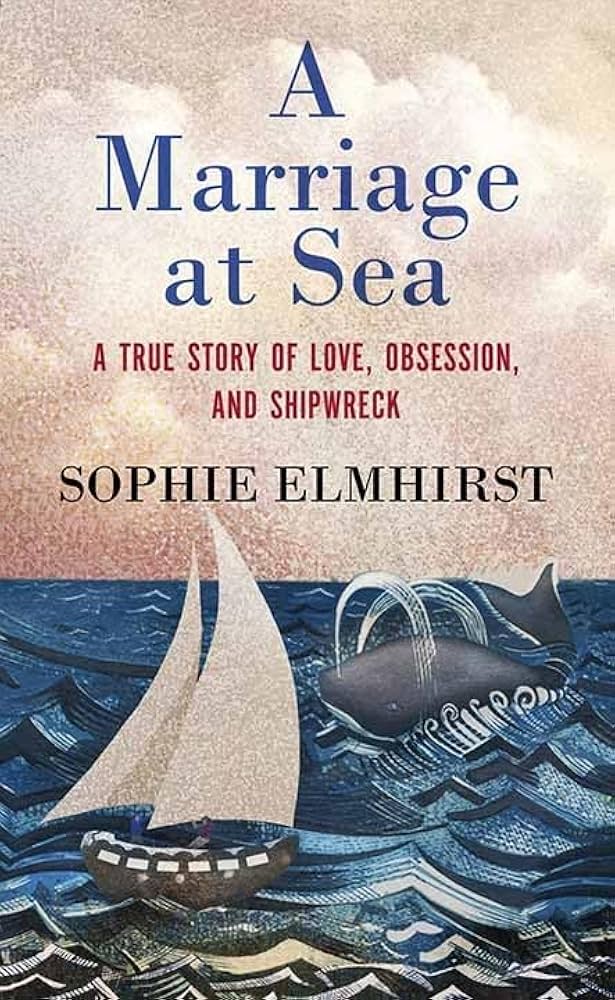
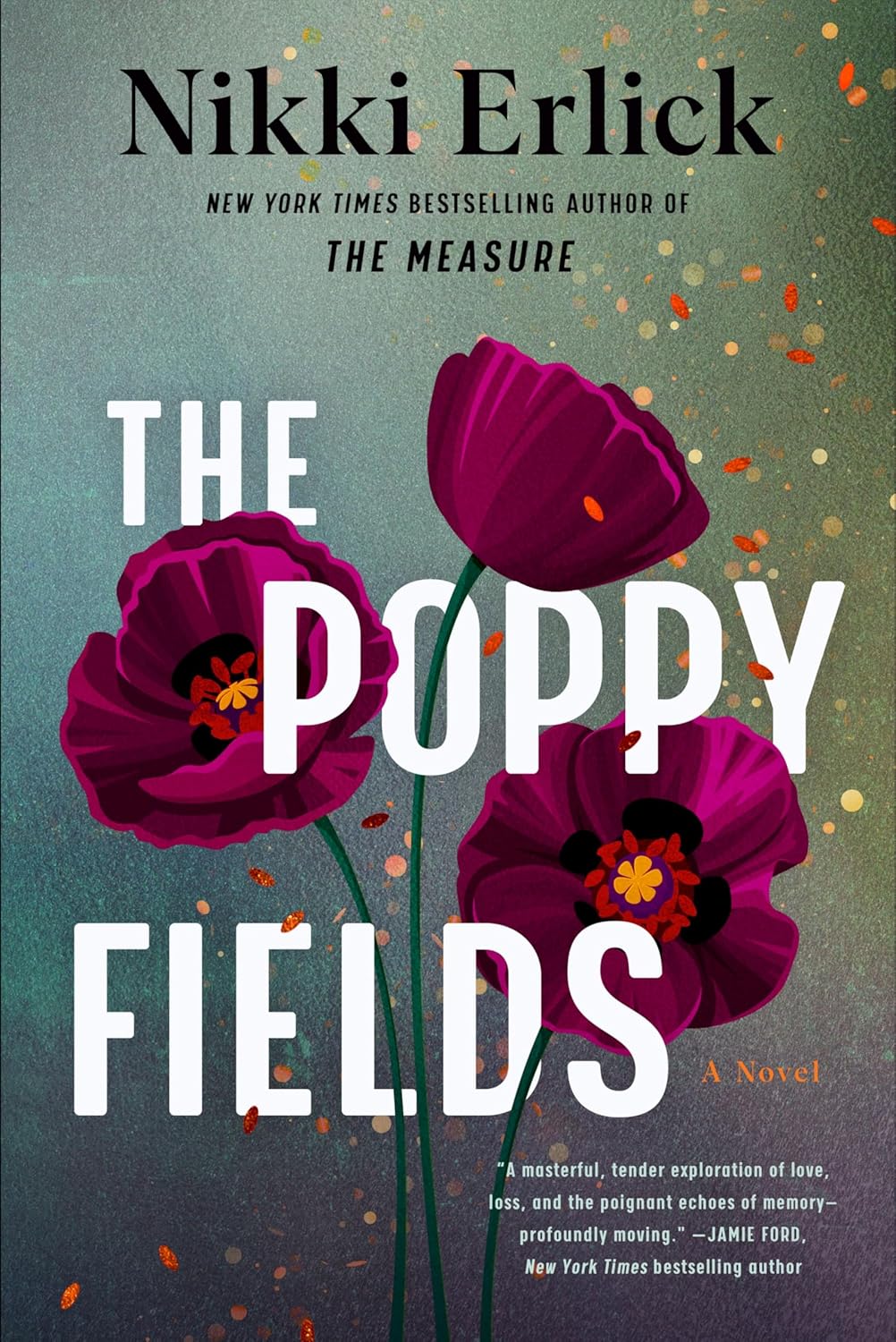
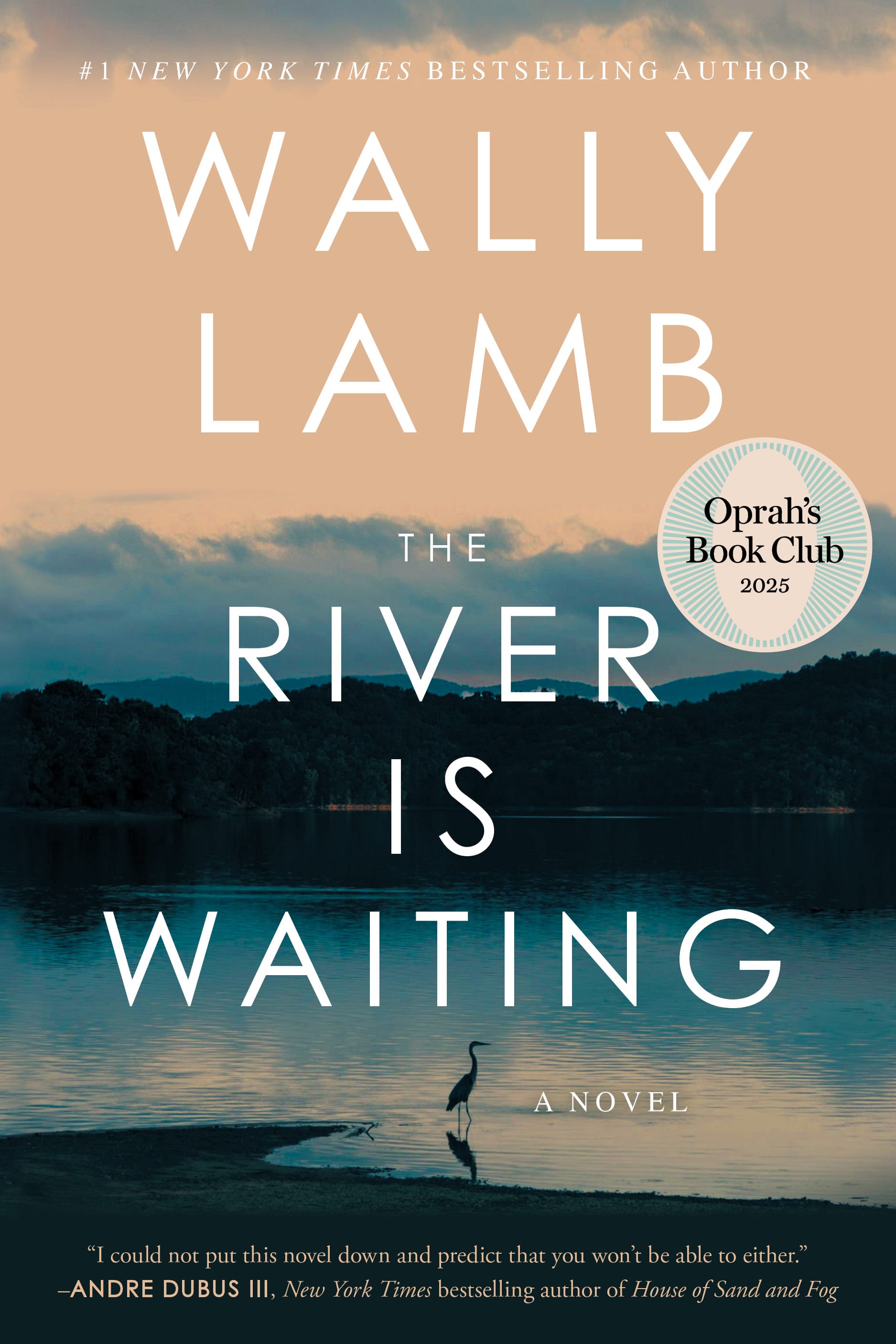
A Marriage at Sea (2024) by Sophie Elmhirst

Genre: Non-Fiction, Adventure, Memoir
A Marriage at Sea tells the true story of Maurice and Maralyn Bailey, an English couple who set off in the 1970s to sail around the world, only to become shipwrecked and stranded on a tiny raft in the Pacific for months. Sophie Elmhirst reconstructs their ordeal using diaries, logs, and the couple’s own retellings, capturing not only the dramatic physical challenges of survival, but also the complex dynamics of their relationship under extreme stress. The narrative is gripping, with visceral detail about hardship, resourcefulness, and marital endurance, but readers should be prepared for some grim survival scenes and strong notes of claustrophobia and monotony. I personally found the overall experience underwhelming, and gave this book 4 out of 10 stars.
The Poppy Fields (2025) by Nikki Erlick

Genre: Speculative Fiction
Set in a near-future California desert, the story follows four strangers and a dog as they journey to an experimental treatment center that promises relief from grief via a medically induced, months-long slumber—but at the risk of losing emotional connections to what was lost. The book explores deep questions about healing, the cost of avoiding pain, and the meaning of genuine recovery, though the pacing and character depth may not appeal to everyone. For those interested in philosophical questions about grief and speculative scenarios, this novel might intrigue, but it left this reviewer with a lukewarm impression: 5 out of 10 stars.
The River is Waiting by Wally Lamb

Genre: Contemporary Literary Fiction
This powerful family drama centers on Corby Ledbetter, a young father whose struggle with addiction leads to an unimaginable tragedy that tears his family apart. Sentenced to three years in prison, Corby must navigate harsh realities behind bars while grappling with guilt, grief, and the hope for forgiveness. Lamb’s storytelling offers both heartbreak and moments of hope as Corby forges difficult relationships with fellow inmates and faces the possibility of redemption. If you are drawn to emotionally complex stories about resilience, redemption, and the darker corners of the American justice system, this book will pull you in—I gave it 8 out of 10 stars. See full review here.
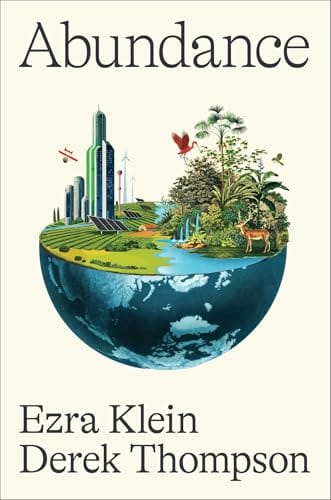
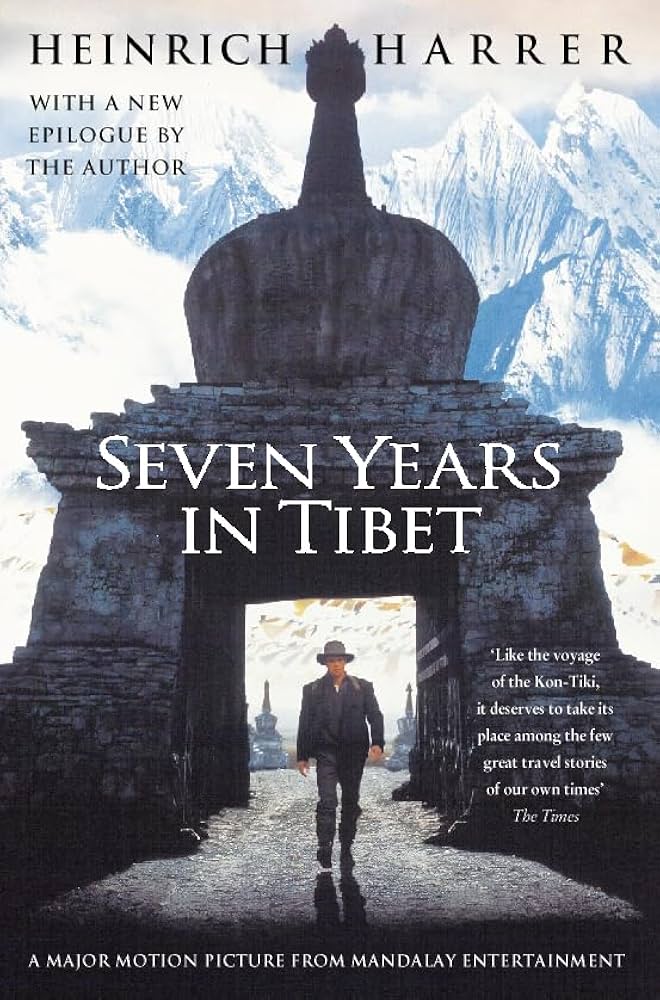
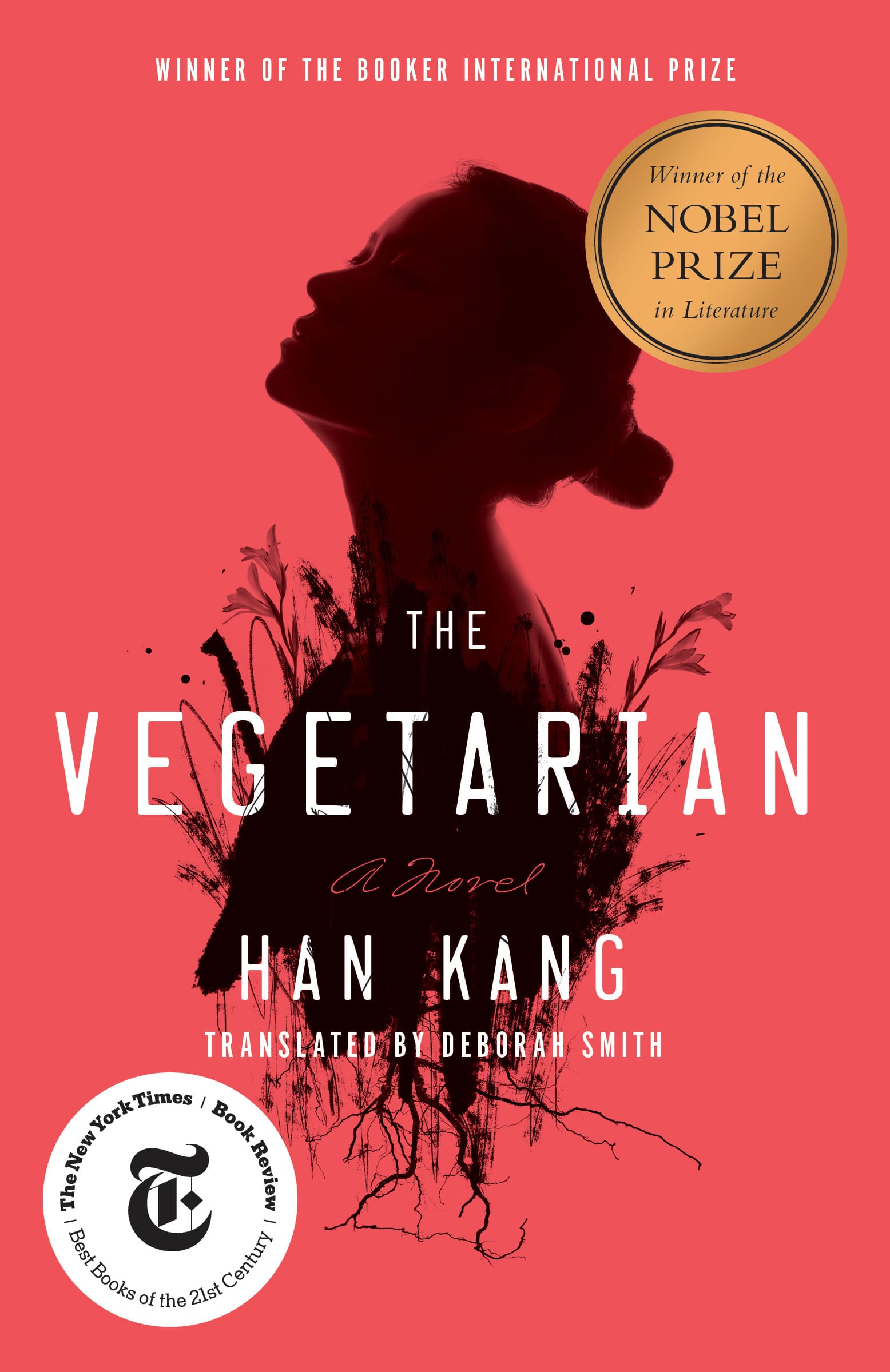
Abundance (March, 2025) by Ezra Klein & Derek Thompson

Genre: Politics, Economics, Social Commentary
Abundance offers a compelling examination of the systemic challenges that have stalled progress in the United States on critical issues like affordable housing, infrastructure, and climate change. Klein and co-author Derek Thompson argue that well-meaning regulations have often hindered growth rather than fostering it, and they propose an "Abundance Agenda" to better balance regulation and progress. The book is a clear-eyed call for a renewed politics of plenty that moves beyond scarcity thinking, making it an insightful read for those interested in policy, governance, and social innovation. I rated this book 7 out of 10 stars for its thoughtful analysis and hopeful vision.
Seven Years in Tibet (1952) by Heinrich Harrer

Genre: Non-Fiction, Memoir, Travel
This was my local book club's read for October. In this classic adventure memoir, Austrian mountaineer Heinrich Harrer recounts his dramatic escape from a British POW camp in India and his journey across the Tibetan plateau, ultimately finding refuge in the forbidden city of Lhasa. The book offers a rare, firsthand glimpse into Tibetan culture before the Chinese invasion, telling the story of Harrer's transformation as he befriends the young 14th Dalai Lama and is changed by Tibetan wisdom. With vivid accounts of survival, discovery, and the last days of an independent Tibet, the narrative will appeal to readers interested in remote cultures and spiritual journeys—but some may find the writing straightforward rather than literary, and Harrer's perspective has drawn criticism for historical bias. I gave this memoir 6 out of 10 stars. See full revieew here.
The Vegetarian (2007) by Kang Han

Genre: Literary Fiction, Psychological Drama, Horror
This book blends elements of psychological drama, surrealism, and horror, examining the inner and social turmoil that follows one woman's decision to stop eating meat. Yeong-hye’s sudden vegetarianism, prompted by vivid and violent dreams, rapidly alienates her from her family and society, unsettling the order of her previously unremarkable life. The narrative unfolds in three sections told from the perspectives of people around her, never directly from Yeong-hye herself, heightening her sense of isolation and the strangeness of her transformation. The story is haunting, disturbing, and deeply original—a weird exploration of conformity, autonomy, and quiet rebellion that may intrigue those interested in psychological fiction or novels about societal norms. This unsettling, poetic book earned a 7 out of 10 on my reading list—worth reading for those curious about literary risks and emotional intensity.
Well, there you have it—twelve books, thirty days, and more plot twists than I knew what to do with. Some made me weep into my coffee, others had me nodding sagely like I understood every literary reference (spoiler: I didn't), and a few left me wondering if the author and I read the same book.
As I close the September chapter, I can't help but feel a delicious shiver of anticipation. October is lurking just around the corner, and we all know what that means: the month when it's socially acceptable to read nothing but ghost stories, gothic mysteries, and books that make you sleep with the lights on. While September was a lovely warm-up act, October is the headliner, the main event, the literary equivalent of a haunted house where every page turn might make you gasp.
So here's to leaving September's eclectic reading adventures behind and embracing October's delightfully spooky atmosphere. May your reading list be creepy, your bookmarks be plentiful, and your sleep be... well, optional.


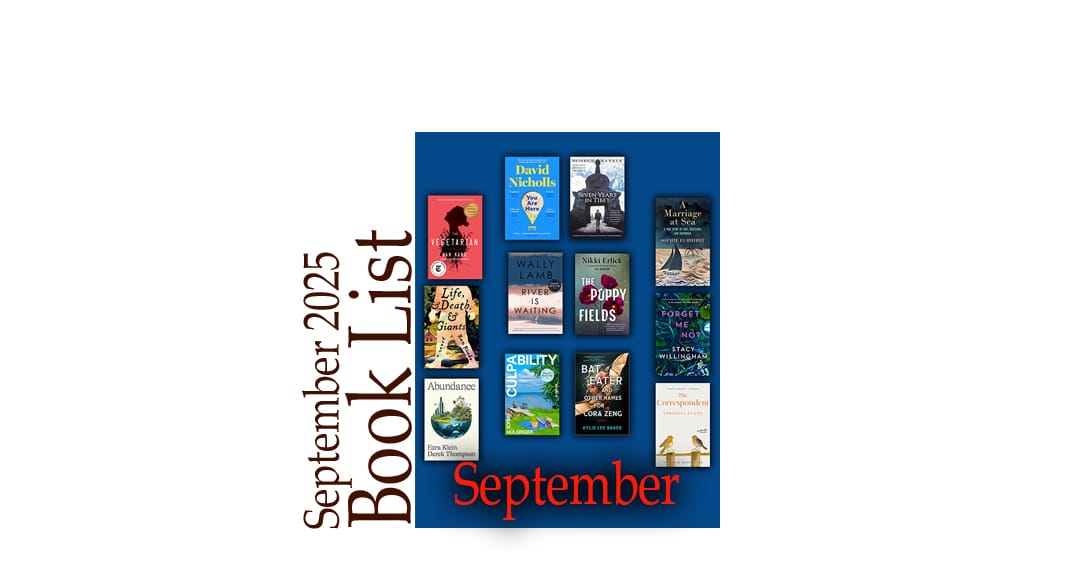
Comments